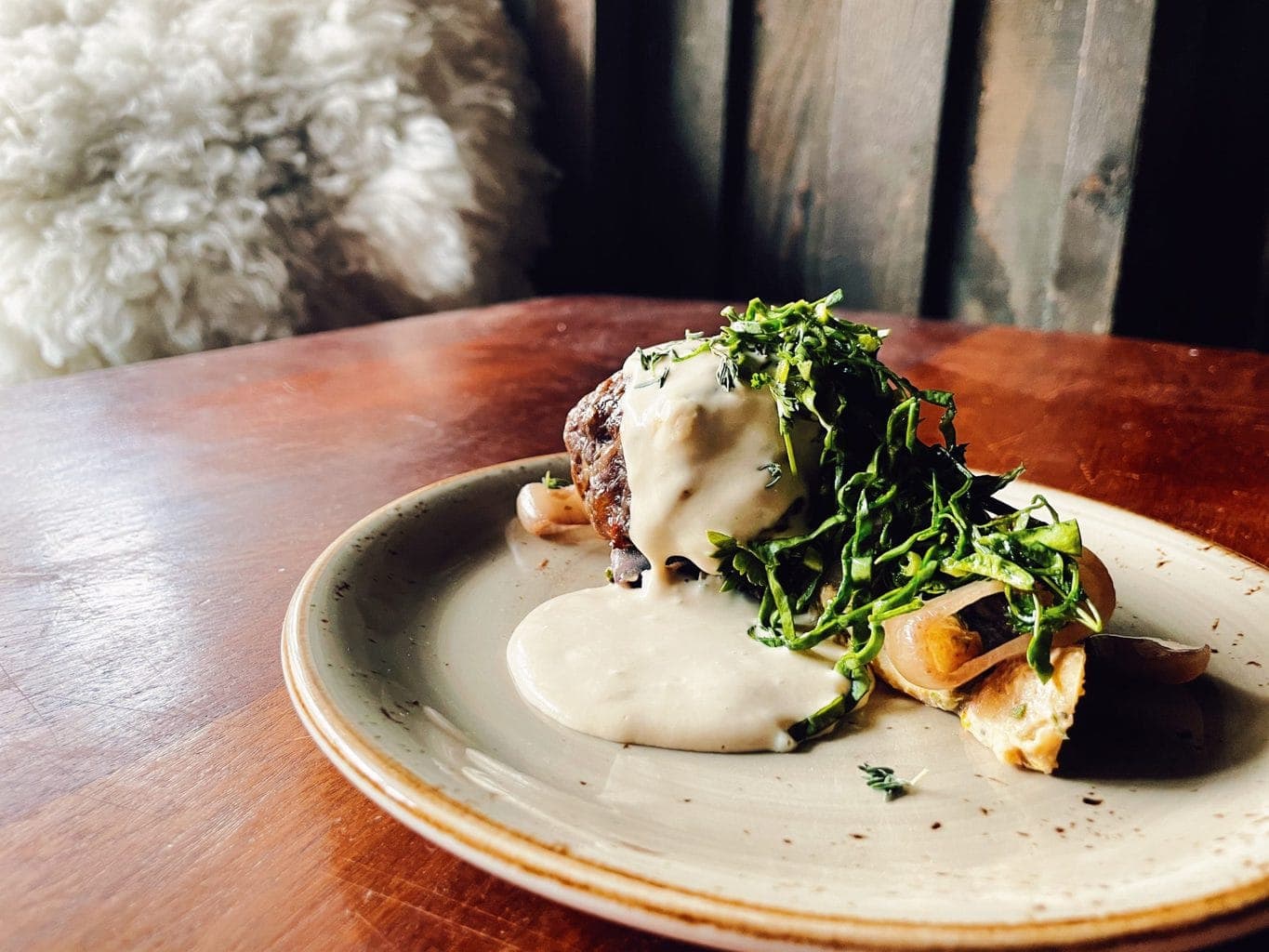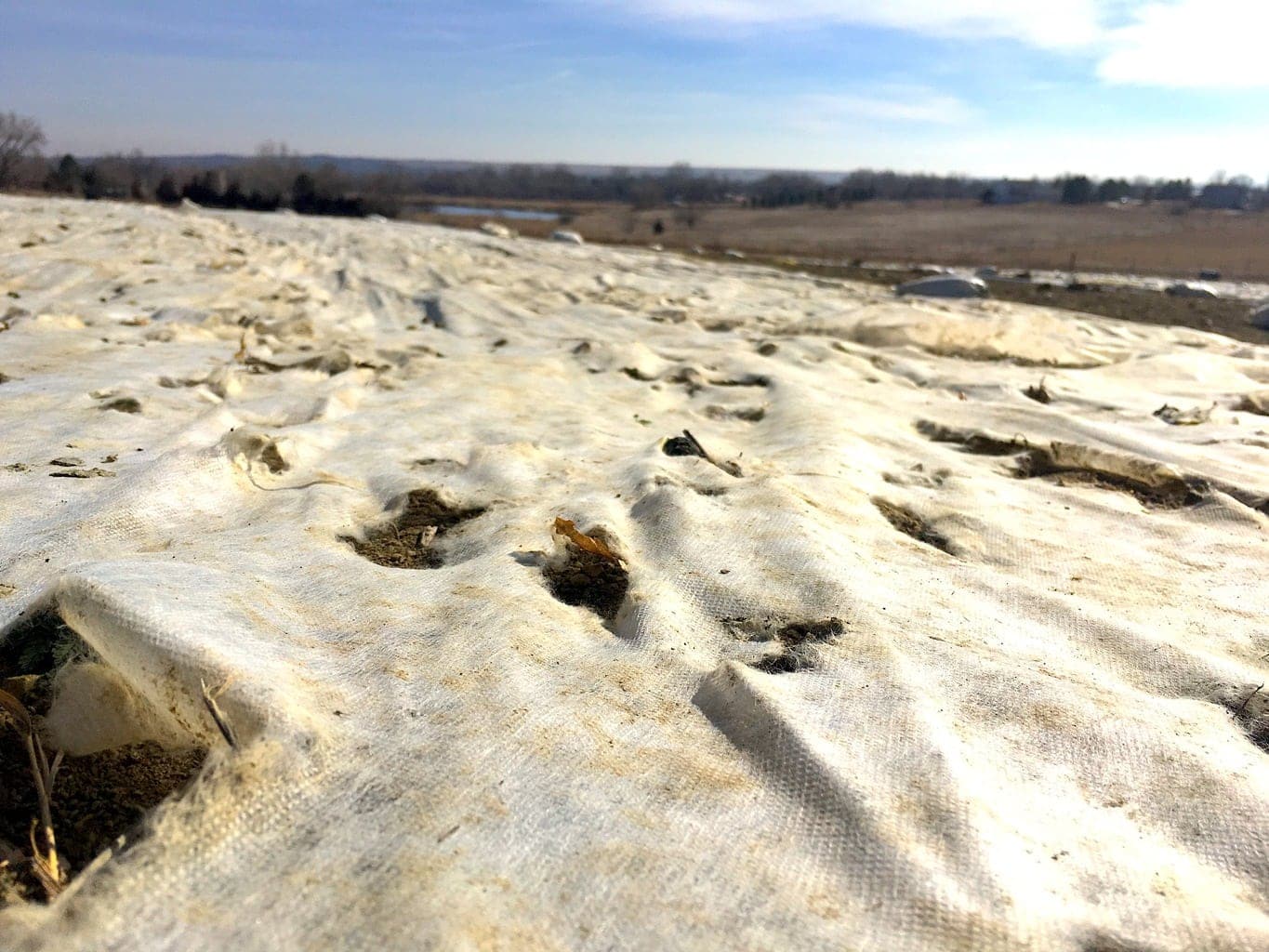
Planting from seed? Not yet. Massive harvests? Soon, but for now the vegetable bounty is minimal. Plowing fields, dealing with irrigation, wrestling with pests? Nope, negative, not one bit.
The plant part of our farm equation now rests, for the most part. But not for much longer. In six the daily vegetable haul from the land will be measured in the tens of pounds (and soon after it will be in the hundreds of pounds).
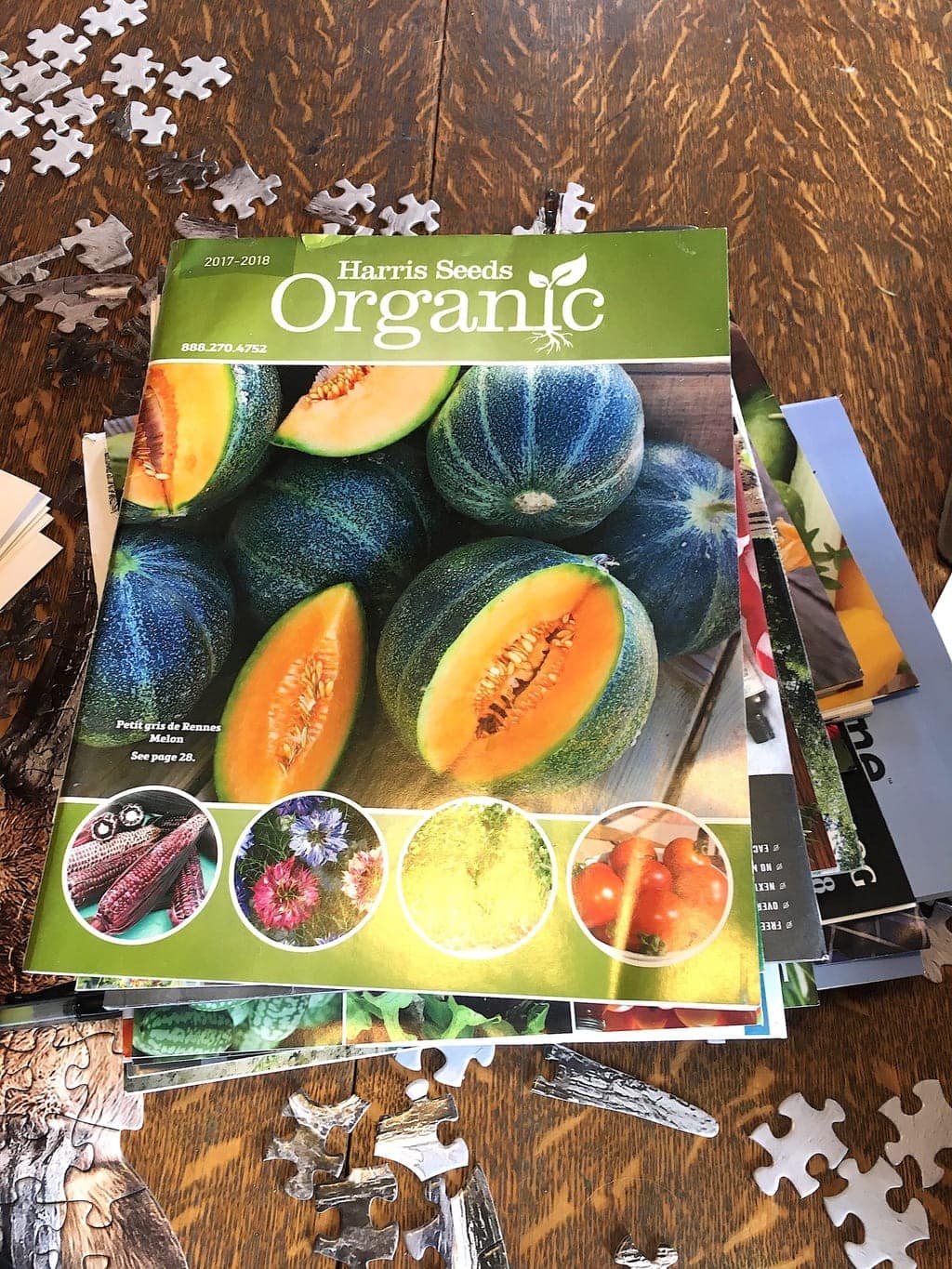
Most of the farm work gets performed outside, regardless of whether it’s 65 and sunny or a sleet-rain-snow mix and 31 degrees. But we accomplish one February task from the warmth of our farmhouse — the seed buying.
As we approach 10 years of including seeds in our checklist of restaurant must-dos, we have grown more wise. In the beginning, we bought seed for whatever sounded the most gonzo. In year one, this translated into Peas Palooza, but we quickly learned that planting little more than English peas, no matter how delicious, doesn’t translate into liberating a restaurant from its suppliers. As we learned more about farming and how Black Cat Farm’s operations best support two restaurants, our seed-buying savvy grew increasingly sophisticated.
We understood (through trial and much error) what vegetables and vegetable varietals perform the best (and by best, we mean taste extraordinary and thrive in Colorado’s punishing climate). We grew to understand how many English peas we need to fully supply the restaurants and farmers’ market; how much spinach to seed throughout the year; when to get the tomato starts going from seed, when to put them in the ground and how to plant them.
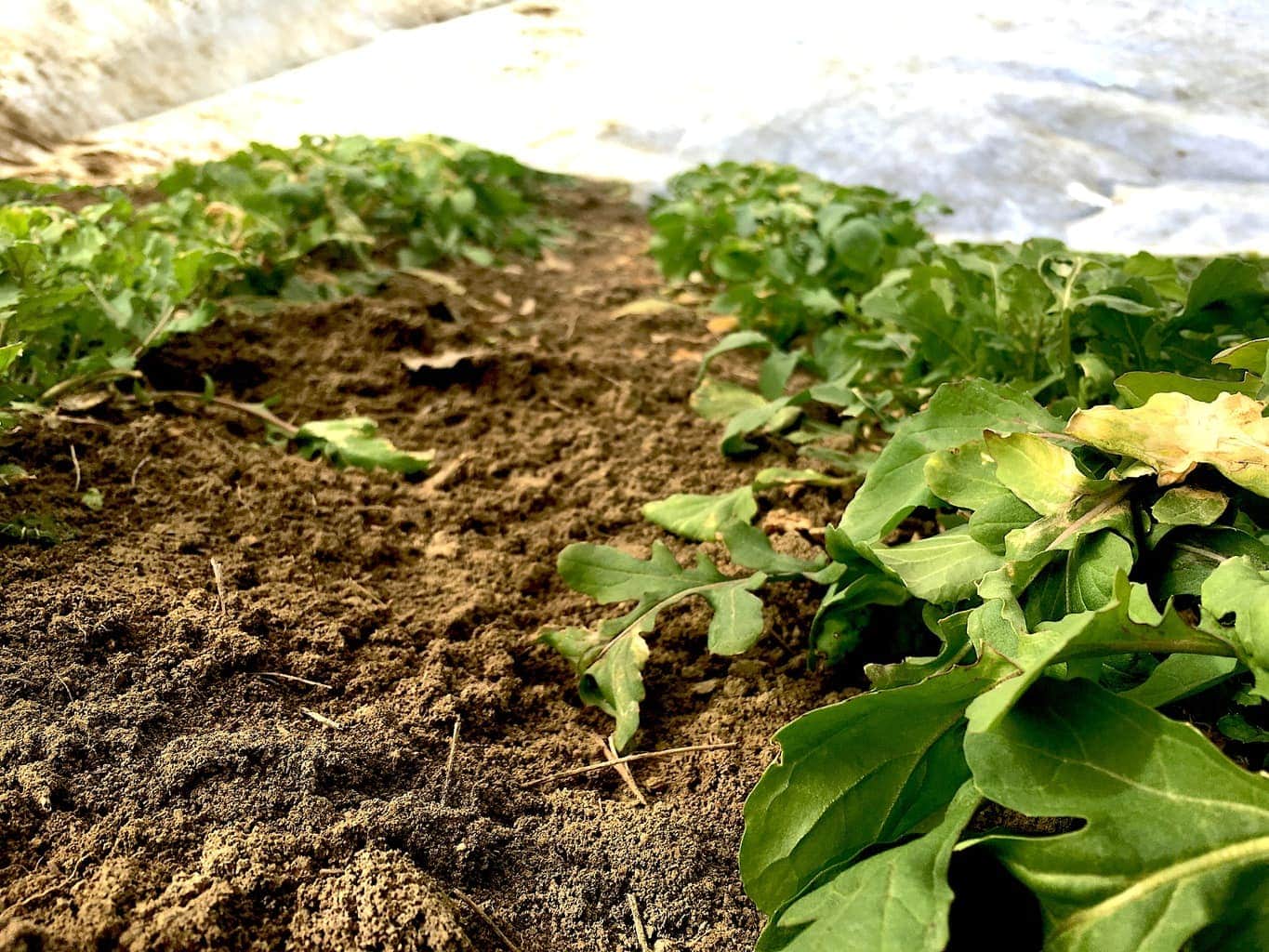
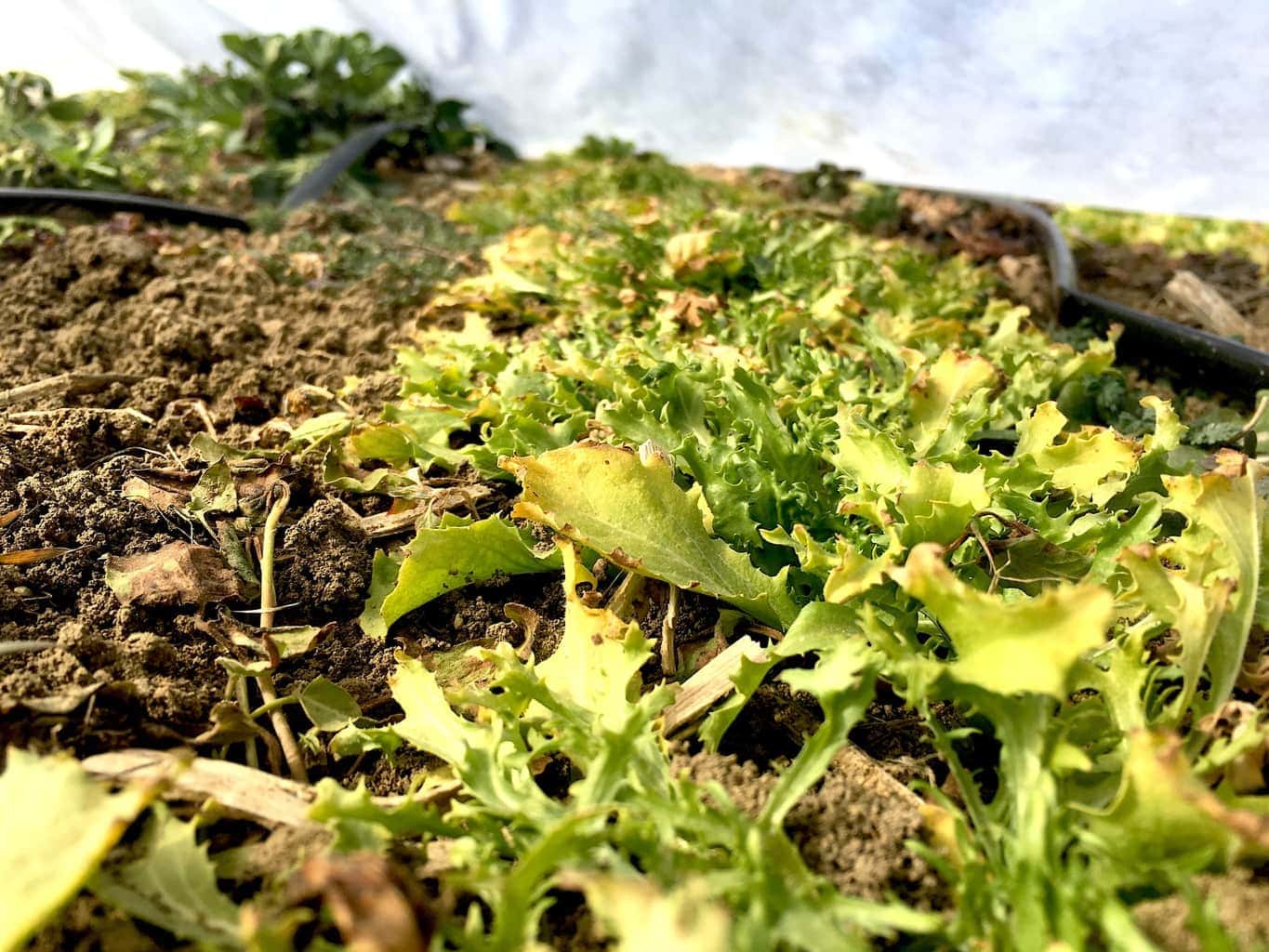
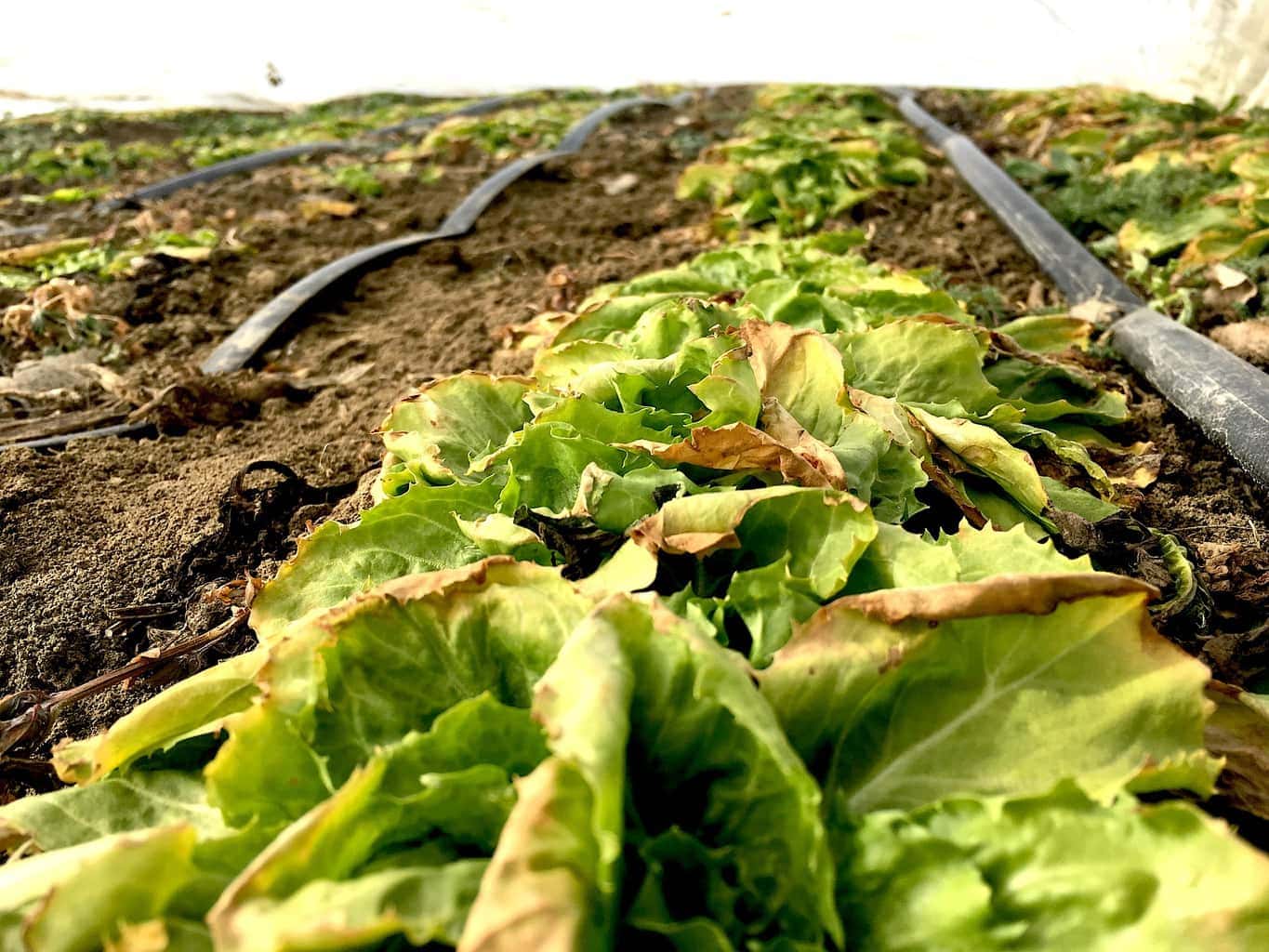
Seed-buying for us now is less exploration — we already have accomplished quite a bit of that — and more strategizing for two key elements: flavor and efficiency. We plant for taste, we plant for abundance, and we try to plant just the right amount of plants, at the right times.
But even as in February we plot the year ahead, we still harvest from the cold fields. What’s growing now? Arugula. Frisee. Escarole.
Spinach.
Boy we were growing a lot of spinach this winter. Row upon row of it. And we were harvesting the sweet spinach — winter greens are the sweetest, because plant roots flood the leaves with sucrose, which acts as a sort of antifreeze — every day.
And then the geese figured out how to get to the spinach, which during the winter is always under row cover. They pecked through the row cover with their bills. They yanked the tender greens from the cold soil.
They ate all of our spinach. So next year we will try ingenious (we hope) new methods to thwart the geese marauders.
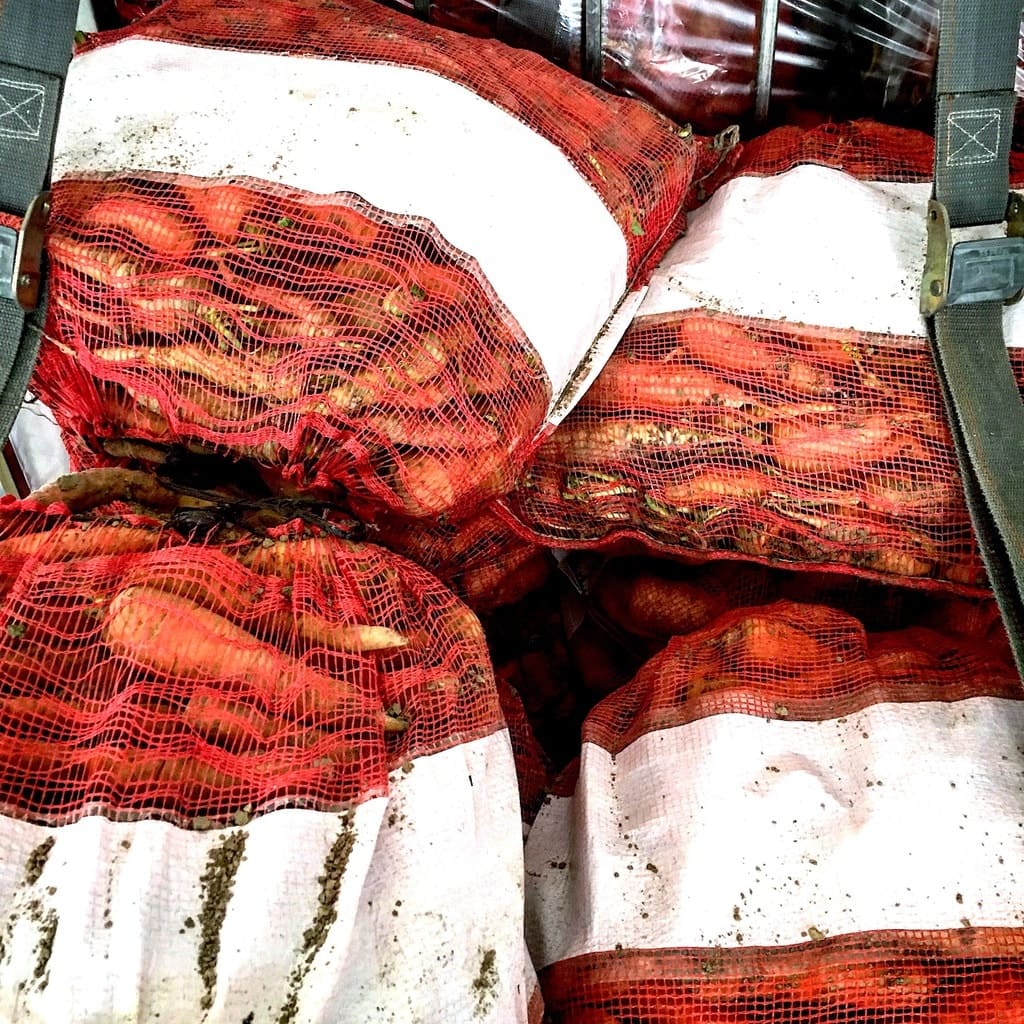
It’s a good thing we leverage a variety of preservation methods at Black Cat Farm — fermentation, pickling, freezing. Cold-storage, too, Our root cellars are packed with turnips, carrots, potatoes, onions and more.
Year-round farm-to-table? You bet. It takes a lot of planning, and undergoes quite a bit of trial-and-error (geese!). But even in Colorado the link between farms and tables can remain strong, regardless of whether it is August or February.
